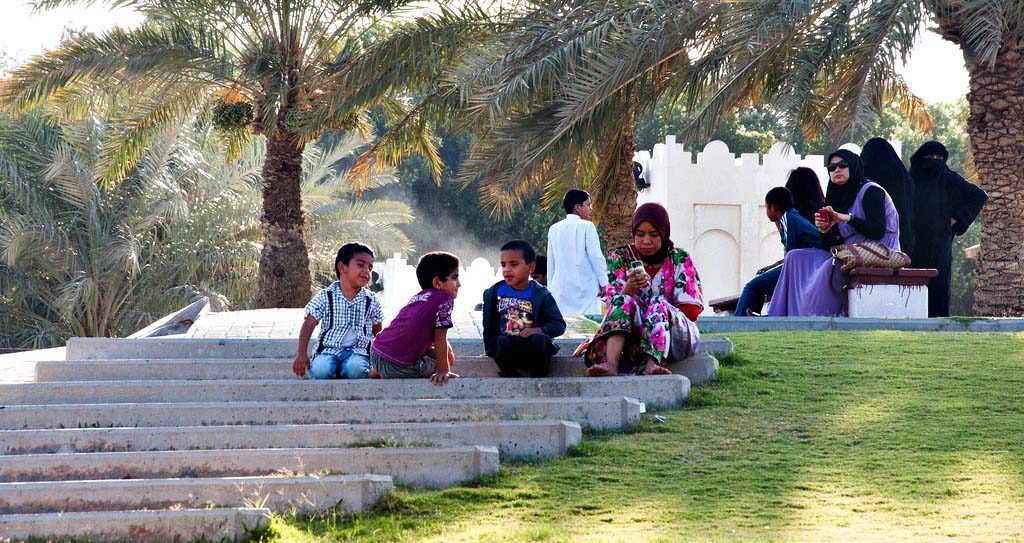
Despite an increasing reliance on domestic workers, several Gulf countries, including Qatar, have failed to make key labor reforms to shore up protection of this vulnerable group, international human rights groups have said.
In a newly released report, the International Domestic Workers Network (IDWN), the International Trade Union Confederation (ITUC), and Human Rights Watch assessed different countries on their efforts to improve the working and living conditions of expat maids.
Countries across the MENA region were found to have made little progress in protecting maids from psychological, physical or sexual abuse, “Claiming Rights: Domestic Workers’ Movements and Global Advances for Labor Reform” found.
And not one of them have ratified the Domestic Workers Convention, an international treaty that defines domestic workers’ rights, the report stated. In a statement, Nisha Varia, senior women’s rights researcher at Human Rights Watch, said:
“Even though the Middle East and North Africa are home to some of the worst abuses against domestic workers, the pace of legal reforms in Saudi Arabia, Kuwait, the United Arab Emirates, Qatar, and Lebanon has dragged on for years with little to show. And even the proposed reforms fall short of international standards and the comprehensive protections other countries are implementing.”
Qatar’s state of affairs
Domestic workers in Qatar, which includes maids, cooks, gardeners and drivers, work some of the longest hours in the world, and earn about 40 percent of the average international wage, according to the UN.
Local media reports state that maids are increasingly in demand here, but have been in short supply due to the restrictions that countries are beginning to impose to protect their workers from abuse in Qatar.
In 2011, Qatar talked about passing a historic law to protect maids’ rights, which would allow them to sign contracts with their employers, file complaints with the Ministry of Labor and have set work hours, among other provisions.
But it has scrapped that plan in favor of a GCC-wide initiative to establish a domestic worker contract. Little movement has been made on that effort due to conflicts over giving maids one day off a week.
And the report states that even if such a contract is approved, it “is not an adequate substitute for including domestic workers in national labor laws with clear enforcement mechanisms.”
HRW concludes:
Organizing domestic workers in the Middle East has many challenges, both practical – in terms of limited time and mobility – and legal. In some countries, domestic workers are legally barred from forming their own unions or joining other unions, especially when they are also migrants. For example, Gulf Cooperation Council countries deny domestic workers the right to form unions to fight for their rights.
“Even though domestic workers provide critical services that families depend on – cooking, cleaning, and child care – we have faced discrimination and marginalization for generations,” said Myrtle Witbooi, chair of the International Domestic Workers Network. “That should end.”
Thoughts?







